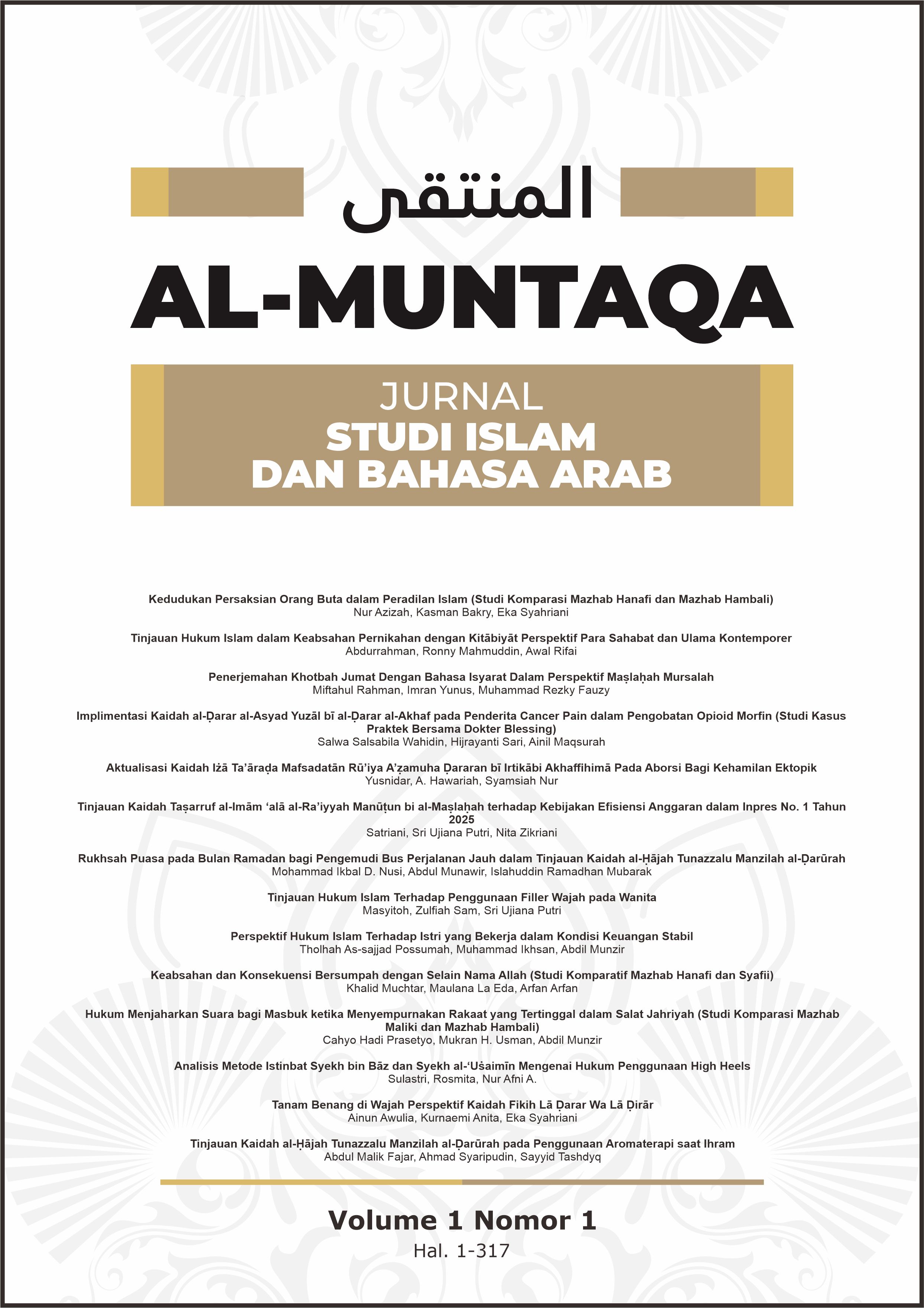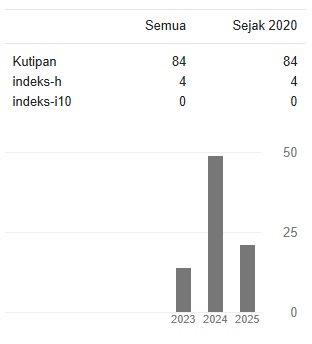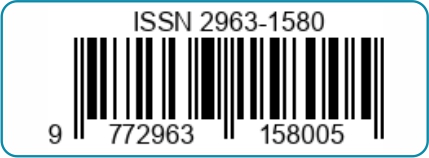Keabsahan dan Konsekuensi Bersumpah dengan Selain Nama Allah (Studi Komparatif Mazhab Hanafi dan Syafii)
The Validity and Consequences of Swearing by Other Than the Name of Allah (A Comparative Study of the Hanafi and Shafii School)
DOI:
https://doi.org/10.36701/7bxa5p21Keywords:
Keabsahan dan Konsekuensi Bersumpah dengan Selain Nama Allah (Studi Komparatif Mazhab Hanafi dan Syafii)Abstract
Oaths in the perspective of Islamic law have a very important position as a means of proof, as well as a form of worship that contains sacred elements because it involves the name of Allah Swt. This study aims to examine the law of swearing by using names other than Allah based on the views of two major schools of thought in Islam, namely the Hanafi and Shāfi'ī schools. In the socio-religious context, the phenomenon of swearing by names other than Allah (such as by the moon, by parents, etc.) is still often found in the community. This research uses a descriptive-comparative qualitative method with a normative approach through library research sourced from the Quran, Hadith, and the opinions of fiqh scholars. The results of the study show that a valid oath in Islam must use the name or attributes of Allah, and swearing by other than Him is classified as a form of shirk or kufr according to the majority of scholars, including in the views of the Hanafi and Shāfi'ī madhhabs. This research also highlights the forms of oaths, the conditions for the validity of oaths, and the legal consequences of oath violations. The findings are expected to provide a deeper understanding to the public and practitioners of Islamic law in applying oaths in accordance with the provisions of the Shari'ah.
Downloads
References
al-Albānī, Muḥammad Nāṣir al-dīn. Silsilah al-Ahādīṡ al-Sahīhah. Cet.I; Maktabah al-Ma’ārif, 1416 H/ 1996 M.
al-Albānī, Muḥammad Nāṣir al-dīn. Irwā’ al-Galīl fī Takhrīj Ahādīṡ Manār al-Sabīl, Jilid 8 Cet. II; Beirut: al-Maktab al-Islāmī, 1405 H/ 1985 M.
al-Bukhārī, Abū Abdillāh Muḥammad ibn Ismāīl ibn Ibrāhīm ibn al-Mughīrah ibn Bardzibah. Sahīh al-Bukhārī. Cet. I; Beirut: Dār Thūq al-Najāh, 1422 H/1975 M.
al-Hanafī, Maḥmūd ibn Aḥmad ibn Mūsā ibn Ahmad ibn al-Husain. Al-Bināyah Syarhu al-Hidāyah. Cet. I; Beirut: Dār al-Kutub al-‘Ilmiah, 1420 H/2000 M.
al-Haitamīy, Aḥmad ibn Muḥammad ibn ‘Alī ibn Ḥajar. Tuḥfah al-Minhāj Fī Syarh al-Minhāj. Beirut: Dār Iḥyā’ al-Turāṡ al-‘Arabī, 1357 H/ 1983 M.
Ibrāhīm Mustafā. Al Mu’jam al Washīt. Cet. I; Istanbūl Turki: Al Maktabah Al Islāmiyyah, 1392 H/1972 M.
ibn ‘Alī, Muhammad ibn Mukrom, Abu al-Fadl, Jamāl Al-Dīn ibn Manẓūr al-Anṣārī. Lisān al-‘Arab. Cet. II; Beirūt: Dār Ṣadir, 1414 H/ 1994 M.
Ibn al-Atsīr, Mujiddu al-Dīn Abu Sa’ādāt al-Mubārak ibn Muḥammad ibn Muḥammad Muḥammad ibn Abdul Karīm al-Syaibānī al-Jazarī. Jāmi’ al-Ushūl fī Ahādīs al- Rasūl. Cet. I; Beirut: Maktabah Dār al-Bayān 1389 H/1969 M.
ibn Qudāmah, Abū Muḥammad Abdullāh ibn Ahmad ibn Muḥammad. Al-Mughni Li Ibn Qudāmah. Jilid 10. Cet. I; Sūriah: Maktabah al-Qāhirah, 1388 H/1968 M.
al-Jazirī, Abdurrahmān bin Muhammad ‘Aud. Al-Fiqhu ‘Alā Madzāhib Al-Arba’ah. Cet. I; Beirut: Dār al-Kutub al-‘Ilmiah, 1424 H/2003 M.
Kementrian Agama Republik Indonesia. Al-Qur’an Tajwid Dan Terjemahnya. Jakarta Timur: PT. Insan Media Pustaka, 2003.
al-Kāssānī, ‘Alāuddīn Abū Bakr ibn Mas’ūd al Kāssānī al Hanafī. Badāi’i al Shanāi’i Fī Tartīb al Syarāi’I. Cet. I; Mesir: Dār al Kutub al ilmiīyyah, 1328 H/1911 M.
Muhammad Āmīn Afandī al Syahīr Bābin Ābidīn. Majmūah Rasāil ibn Ābidīn. Jilid 1.Cet. I; Istanbūl: Dār Sa’ādāt, 1325 H/1907 M.
Muhammad Syalbī, al-Madkhal ilā al-Fiqhi al-Islāmī. Cet. X; Beirut: Dār al-Jāma’iyyah, 1405 H/ 1985 M.
al-Nawawī, Abū Zakariyya Muhyiddīn Yahya bin Syaraf. Raudah al Thālibīn wa ‘Umdatul Muftīn. Cet. II; Beirūt: Al Maktab al Islāmī, 1412 H/1991 M.
al-Nawawī, Abū Zakariyyā Yaḥyā ibn Syaraf. Ḥilyah al-Abrār wa Syi’ār al-Akhyār fī Talkhīs al-Da’awāt wa al-Ażkār al-Mustahabbah fī al-Lail wa al-Nahār. Cet. I; Dār ibn Hazm, 1425 H/2004 M.
al-Nasā’ī, Abū Abd Rahmān Ahmad bin Syu’aib bin Alī bin Sinan bin Bahr al-Khurāsānī. Sunan al Nasā’ī. Cet; I, Al Maktabah al Tijārīyyah al Kubrā bil Qāhirah, 1348 H/1930 M.
Ruknu al-Dīn, Abdul Malik ibn Abdullāh ibn Yusuf bin Muhammad al Juwainī. Nihāyah al Mathlab fī Dirāyah al Mażhab. Cet. I; Dār al Minhāj, 1428 H/2007 M.
Sayyid Sābiq. Fiqhu al-Sunnah. Cet. III; Beirut: Dār al-Kitāb al-Arab, 1397 H/1977 M.
al-Sarkhasī, Muḥammad bin Ahmad bin Abī Sahl Syams al A’Immah. Al Mabsūt. Beirut; Dār al-Ma’rifah, 1409 H/1989 M.
al-Syāfi’ī, Abū Abdillāh Muhammad bin Idrīs. Al Umm. Cet. II; Beirut: Dār al Fikr, 1403 H/1983 M.
al-Syaukāni, Muḥammad bin Ali bin Muḥammad. Fathul al-Qadīr al-Jāmi’ fī Fanni al- Riwāyah wa al-Dirāyah min ‘llmi al-Tafsīr. Cet. I; Beirūt: Dār al-Risālah al-’ālamīah, 1430 H/2009 M.
al-Sijistānī, Abū Dāūd Sulaimān ibn al-Asy’ats ibn Ishāq ibn Basyīr ibn Syidād ibn Amar al-Azdi. Sunan Abī Dāūd. Cet. I; Beirut: Al Maktabah al-Ishrīyah.
al-Tirmidzī, Abū Isā Muḥammad bin Īsā. Jāmi’ al-Tirmidzī. Cet. I; Beirut: Dār al-Garb al-Islāmī, 1416 H/1996 M.
Yahya bin Ma’īn. Tārīkh Ibn Ma’īn Riwāyah al-Dūrī. Cet. I; Makkah al-Mukarramah: Markaz al-Bahst al- Ilmī wa Ihyā al Turāst al- Islāmī, 1399 H/1979 M.
al-Zuhailī, Wahbah bin Mustofā. Al-FIqhu al Islāmī Wa Adillatuhu. Cet. 4; Sūriah: Dār al-Fikri.
Jurnal Ilmiah
Amalia Ilma, Faizah Izzah, Herawaty Maya, Sunan Gunung, Djati Bandung, Izzah Faizah, Siti Rusydati, Uin Sunan, Gunung Djati Bandung, and Maya Herawaty. 2023. “Penggunaan Sumpah Allah Swt Dengan Dzat-Nya Dan Makhluk-Nya Dalam Al-Qur’an (Studi Ayat-Ayat Aqsam Dalam Tafsir Al-Mishbah).” Ilmu Al-Qur’an Dan Tafsir 5 (1): 165–214.
Desminar, Dosen Tetap Prodi Ahwal al-Syakhshiyah FAI. 2017. “Fatwa Lajnah Aldaimah Ulama Mekah (Tentang; Bersumpah Tidak Dengan Nama Allah, Do’a Untuk Mayat Dalam Kubur, Membaca Yasin Bagi Orang Yang Sudah Meninggal, Shalat Di Pesawat Dan Merayakan Maulid Nabi.” Menara Ilmu XI (77): 155–65.
Rahman, Rizal. 2024. “Studi Living Qur’an Dalam Praktik Sumpah Pejabat Menggunakan Mushaf Al-Quran.” Jurnal Multidisiplin Ilmu Akademik 1 (3): 880–90.
Downloads
Published
Issue
Section
License
Copyright (c) 2025 Khalid Muchtar, Maulana La Eda, Arfan Arfan

This work is licensed under a Creative Commons Attribution-NonCommercial-ShareAlike 4.0 International License.










